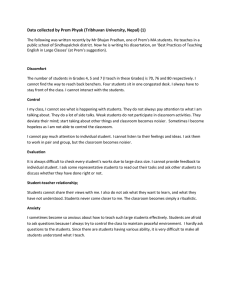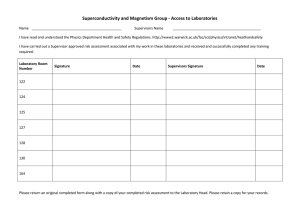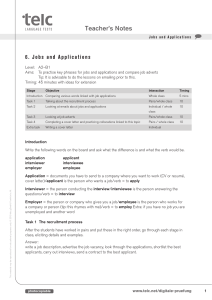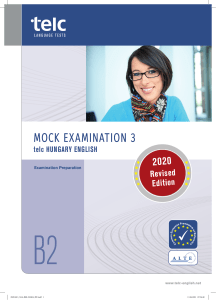Overcoming difficulties in Nepal
advertisement
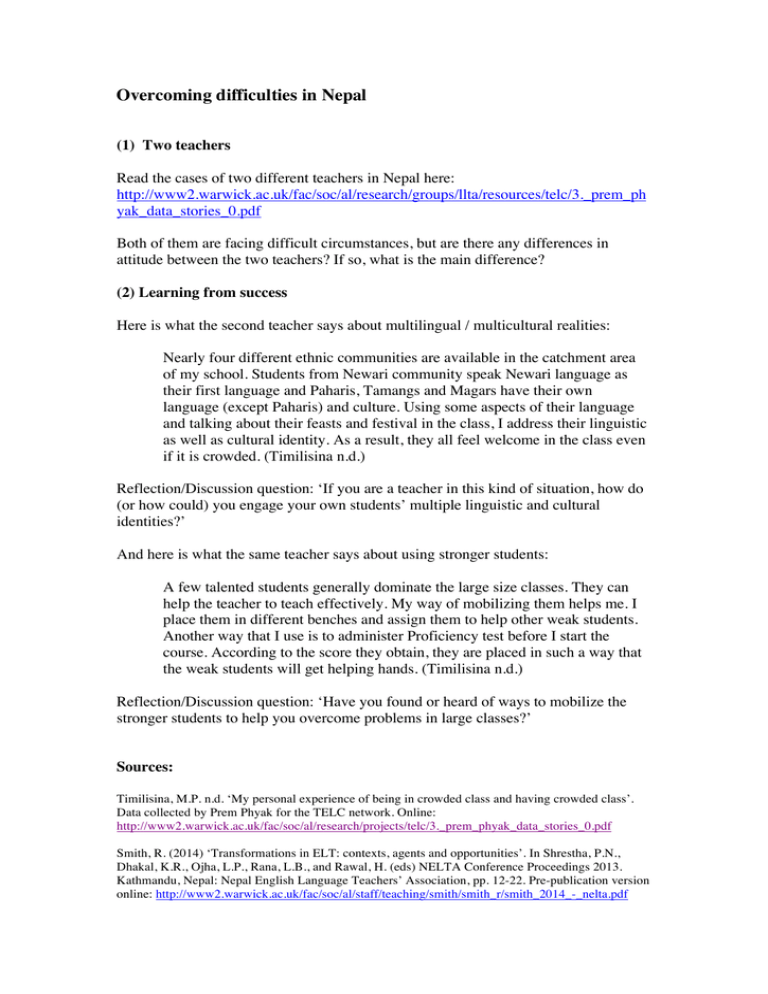
Overcoming difficulties in Nepal (1) Two teachers Read the cases of two different teachers in Nepal here: http://www2.warwick.ac.uk/fac/soc/al/research/groups/llta/resources/telc/3._prem_ph yak_data_stories_0.pdf Both of them are facing difficult circumstances, but are there any differences in attitude between the two teachers? If so, what is the main difference? (2) Learning from success Here is what the second teacher says about multilingual / multicultural realities: Nearly four different ethnic communities are available in the catchment area of my school. Students from Newari community speak Newari language as their first language and Paharis, Tamangs and Magars have their own language (except Paharis) and culture. Using some aspects of their language and talking about their feasts and festival in the class, I address their linguistic as well as cultural identity. As a result, they all feel welcome in the class even if it is crowded. (Timilisina n.d.) Reflection/Discussion question: ‘If you are a teacher in this kind of situation, how do (or how could) you engage your own students’ multiple linguistic and cultural identities?’ And here is what the same teacher says about using stronger students: A few talented students generally dominate the large size classes. They can help the teacher to teach effectively. My way of mobilizing them helps me. I place them in different benches and assign them to help other weak students. Another way that I use is to administer Proficiency test before I start the course. According to the score they obtain, they are placed in such a way that the weak students will get helping hands. (Timilisina n.d.) Reflection/Discussion question: ‘Have you found or heard of ways to mobilize the stronger students to help you overcome problems in large classes?’ Sources: Timilisina, M.P. n.d. ‘My personal experience of being in crowded class and having crowded class’. Data collected by Prem Phyak for the TELC network. Online: http://www2.warwick.ac.uk/fac/soc/al/research/projects/telc/3._prem_phyak_data_stories_0.pdf Smith, R. (2014) ‘Transformations in ELT: contexts, agents and opportunities’. In Shrestha, P.N., Dhakal, K.R., Ojha, L.P., Rana, L.B., and Rawal, H. (eds) NELTA Conference Proceedings 2013. Kathmandu, Nepal: Nepal English Language Teachers’ Association, pp. 12-22. Pre-publication version online: http://www2.warwick.ac.uk/fac/soc/al/staff/teaching/smith/smith_r/smith_2014_-_nelta.pdf

